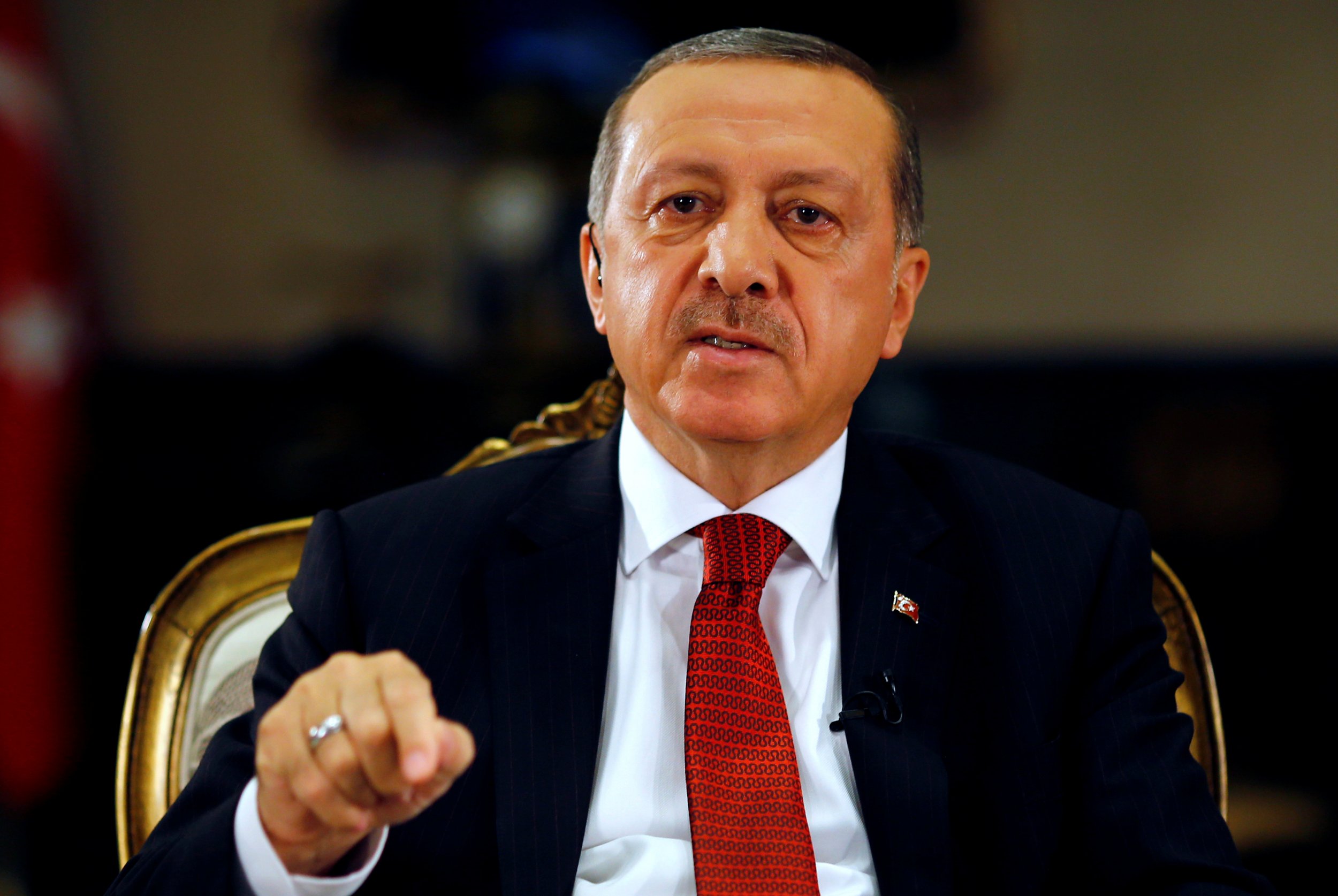
Talk politics with anyone in Turkey and it is only a matter of time before the conspiracy theories surface. For the skeptical, the temptation is to respond with a weary shrug and a polite smile. But, as anyone who follows the country's political affairs closely can attest, the first problem with conspiracy theories in Turkey is that the odd one turns out to be true. The second problem is that everyone is convinced that their own particular theory is one of those.
So it was no surprise when, following the failed coup of July 15, some of President Tayyip Erdogan's opponents immediately accused him of staging the entire affair. Erdogan has made no secret of his desire to replace Turkey's parliamentary system with a presidential one, concentrating all executive political power in his hands. He has repeatedly insisted that the introduction of such a system is the only way to resolve Turkey's growing list of political, economic, social and security challenges. But Erdogan failed to garner sufficient support to change the country's constitution, with opinion polls consistently suggesting that the majority of the Turkish electorate are opposed to an executive presidential system. The coup, so the argument goes, was Erdogan's way of introducing such a system through the back door—manufacturing an attempted takeover and then declaring a state of emergency that would allow him to bypass laws and parliamentary procedures. These claims intensified when a state of emergency was duly introduced on July 21.
In recent years, Erdogan's growing authoritarianism, his ruthless attempts to try to stifle dissent and his often flagrant disregard for the rule of law have created much to criticize. But, although many of the details of the July 15 coup—not least the identities of the ringleaders—still remain unclear, there is no doubt that it was an attempt to overthrow Erdogan rather than to strengthen his grip on power. Indeed, if the coup had succeeded, Erdogan would almost certainly have been assassinated.
Although opportunism has played a role in Erdogan's harsh reaction, that has resulted in over 62,000 people being detained or dismissed from their jobs, many of whom are clearly guilty of nothing more than being insufficiently subservient to the president—genuine fear has also played a role. This was also evident in Erdogan's first public appearance after news of the coup broke.
Shortly after midnight on July 15, a Turkish journalist managed to talk with Erdogan live on national television via Facetime on her smartphone. Instead of looking calm and in control, Erdogan was clearly shocked, desperately calling on his supporters to take to the street to confront his opponents. The security forces later released a statement that they had known about the planned coup on the afternoon of July 15. Erdogan does not appear to have been informed until the early evening. It was after 10pm before Prime Minister Binali Yildirim and the rest of the Cabinet found out.
None of this is consistent with a coup being staged by Erdogan to boost his claim that Turkey needs an executive presidential system. Even if he does not currently have as much formal power as he would like, the fact remains that, ever since his Justice and Development Party (AKP) first came to power in November 2002, Erdogan has dominated Turkish politics, increasing his grip in recent years. Put simply, both the attempted coup and the shambolic response to it happened on Erdogan's watch.
Similarly, the failed coup has not only provided Erdogan with the opportunity to crack down on his opponents but it has also left him facing a test. In many ways, the powers that Erdogan now exercises under emergency rule are a dry run for his hopes of introducing an executive presidency. For years, Erdogan has repeatedly assured the Turkish people that, once he achieves full political power, then he will be able to resolve the country's problems and create peace, prosperity and international prestige. Now he has to deliver. But experience suggests that, the more political power is concentrated in Erdogan's hands, the deeper Turkey's problems become.
Gareth Jenkins is senior associate fellow with the Silk Road Studies Program and the Turkey Initiative.
Uncommon Knowledge
Newsweek is committed to challenging conventional wisdom and finding connections in the search for common ground.
Newsweek is committed to challenging conventional wisdom and finding connections in the search for common ground.
About the writer
To read how Newsweek uses AI as a newsroom tool, Click here.








